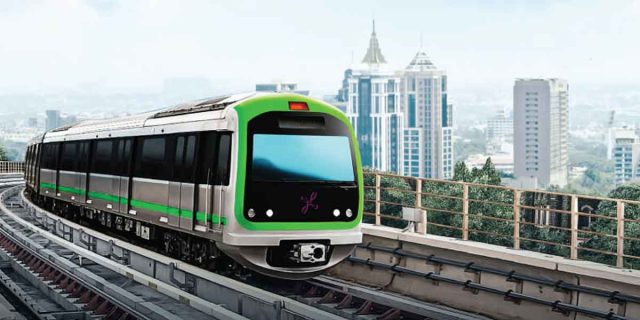
Union Minister Shri Manohar Lal outlined significant progress in India’s Metro Rail and Rapid Rail Transit System (RRTS) projects. Since 2014, the Metro network has expanded from 248 km to 945 km across 21 cities. Recent approvals for projects in Bengaluru, Thane, and Pune aim to further improve urban infrastructure. The Delhi-Meerut RRTS corridor is also advancing, with full completion expected by June 2025.
Shri Manohar Lal, the Union Minister for Housing and Urban Affairs, emphasized the exponential growth of India’s Metro Rail network over the last decade. The network has expanded from 248 km in 2014 to 945 km today, now spanning 21 cities. The Union Cabinet recently approved new projects, including a 44 km expansion in Bengaluru, a 29 km network in Thane, and a 5.5 km route in Pune, furthering the government’s commitment to urban development.
The Minister highlighted that the pace of Metro construction has increased tenfold, from 600 meters per month before 2014 to 6 km per month today. This rapid progress reflects the government’s dedication to enhancing urban infrastructure under Prime Minister Modi’s leadership. Additionally, India has made significant strides in indigenization, with over 1,000 domestically produced Metro coaches contributing to the expanding network.
“We are poised to soon surpass the USA and become second only to China in operational Metro network length,” stated Shri Manohar Lal, attributing this success to the ‘Make in India’ initiative.
Before 2014, India’s Metro Rail network was limited to just five cities and 248 km. Over the past decade, a concerted effort under Prime Minister Modi’s leadership has transformed the urban transit landscape. The government’s focus on indigenization has also led to the establishment of four state-of-the-art manufacturing facilities, which have played a crucial role in the network’s expansion.
The expansion of the Metro network has significantly improved urban mobility, reduced traffic congestion, and enhanced the overall quality of life in cities across India. With over 1,000 km of Metro lines currently under construction, the nation is on track to further elevate its global standing in urban transit infrastructure.
Despite the achievements, the delay in sanctioning additional RRTS corridors due to resistance from the Delhi government highlights the challenges in coordinating large-scale infrastructure projects across different government levels.
The Minister also mentioned India’s growing international reputation in Metro rail expertise, with DMRC involved in projects in Bangladesh and providing consultancy services in Jakarta. Several other countries, including Israel and Saudi Arabia, have expressed interest in collaborating with India on Metro development projects.
The Union Minister’s announcement underscores India’s ambitious plans to continue expanding its Metro and RRTS networks, aiming to improve urban mobility and enhance the quality of life in cities. With ongoing projects and future plans, India is set to become a global leader in urban transit infrastructure.










